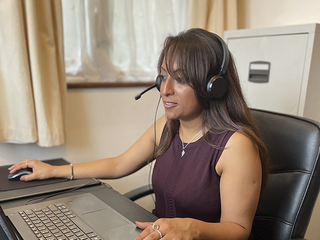Acute lymphoblastic leukaemia (ALL) symptoms
The main signs and symptoms you get with ALL are caused by not having enough normal blood cells, because there are too many blast cells in your bone marrow.
Fatigue (extreme tiredness)
Fatigue is a kind of tiredness that lasts a long time and doesn’t improve with rest. It’s caused by a low number of red blood cells in your blood (a low red blood cell count). The medical name for this is anaemia. Anaemia can also make you feel breathless, even when you’re resting, and lead to chest pain.
Bruising and bleeding
This is caused by a low number of platelets in your blood (a low platelet count). Platelets are the blood cells that stop bleeding by making the blood clot.
A low platelet count can mean:
- bruising easily
- bleeding from your gums or nose
- bleeding from wounds, which is hard to stop
- black, tarry poos or poos that are streaked with red, because of bleeding in your gut
- headaches, difficulty speaking or difficulty moving parts of the body, because of bleeding into the brain.
Infections
This is caused by a low number of white blood cells. A low white blood cell count can lead to infections and fevers that last for longer or happen more often than normal.
Weight loss
This is caused by a high metabolism, which is the rate you burn energy from food. We don’t completely understand why the metabolism speeds up in people with ALL.
Other signs and symptoms
You or your doctor may also notice that your lymph nodes (glands) are larger than normal. You may notice these in your neck, but they could be in several places around your body, such as your armpit or groin. Your doctor may also feel a swollen liver or spleen (the organ that sits under your ribs and filters your blood) when they examine your stomach area (abdomen).
In T-cell ALL, swollen lymph nodes in the chest might show up on an X-ray.
It’s important to remember that many of the symptoms seen in ALL can also happen in people who have common conditions which are less serious.
Because leukaemia is rare but the symptoms are common in other diseases, it sometimes takes a week or two to diagnose. But if your doctors suspect leukaemia, they’ll act quickly to make sure you get the tests and treatment you need.

Worried about anything or have questions?
If you need someone to talk to, please don't hesitate to contact our Support Service by phone or email.
